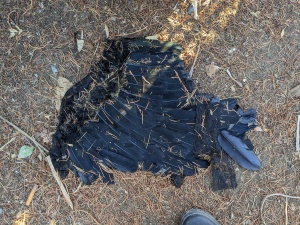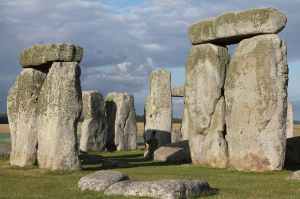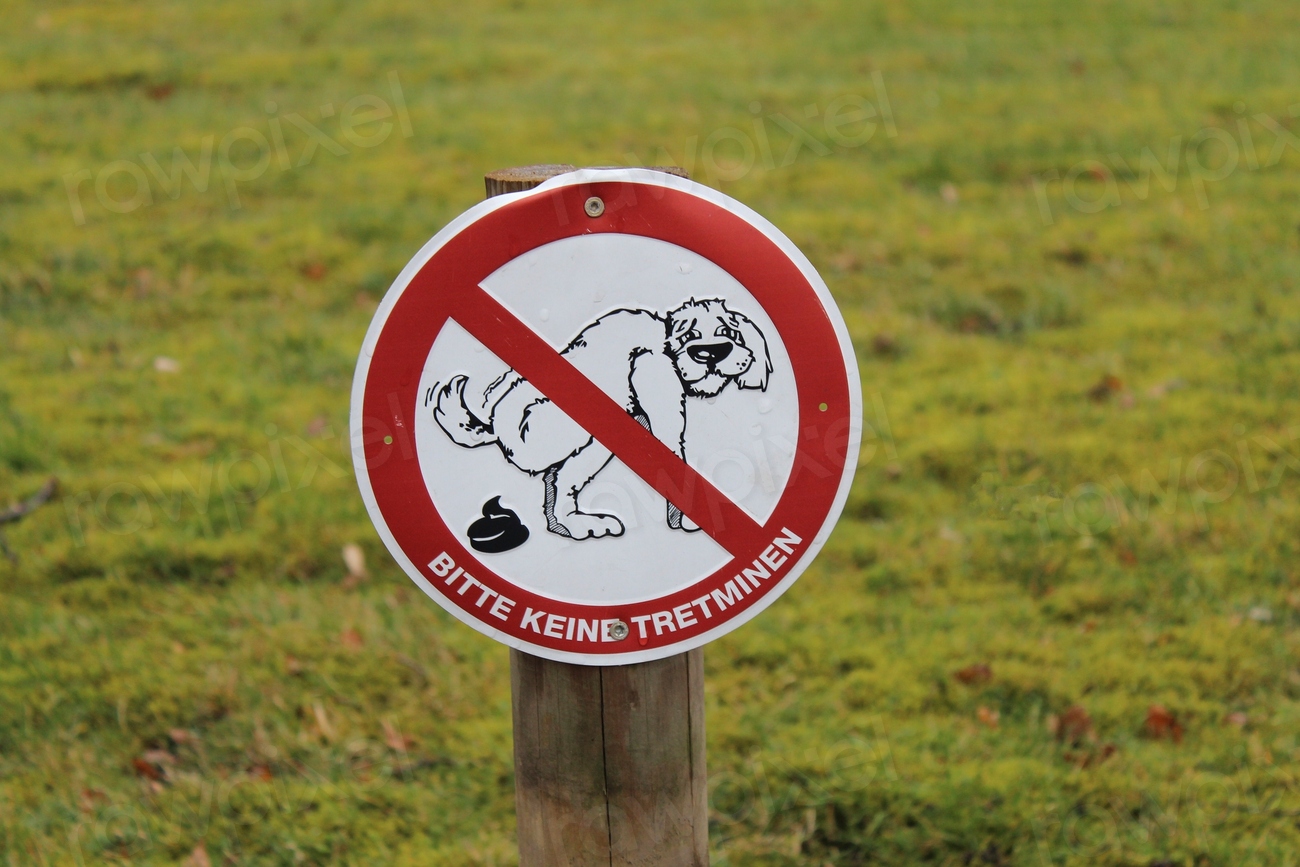Take a walk.
Soak up sun for the vitamin D; looking to cure my SADD.
What an acronym.
This winter has been bad. Must be old age.
Try not to get old.
Make a vet appointment for the dog, grooming appointment, too.
I’ve done the crossword, not had breakfast. I’m reading the newspaper.
An inspiring story about a man in So Cal who’s taught Afghan women to drive. More Afghan women drive in So Cal now than in Afghanistan.
Not surprising, but still inspiring.
Small, good deeds keep us young.
I wish the dog would poop. I have things to do.
Category: Observations
Tiny Hands

The others dinosaurs laughed behind his back but not to his jaw dominated face. It was the jaw they avoided when T-Rex came after them. His hands were small, arms too short to reach, but he had a knack for swinging his head in a death arc while his mouth spewed rot. Avoid the rot, avoid the hands, run like hell. It’s a Hobbesian world.
It doesn’t help to run. Nor will a strongman, a dinosaur like T-Rex, solve the problem. Given the chance, dear Hobbes, a dictator will make life “nasty, brutish, and short,” for the rest of us.
The Way to the Heart is Through the Tastebuds

I ate my way across America today. California scones on the plane to Charlotte. They hid out in my bag like hitchhikers on Route 66. At the Charlotte airport, chicken tortilla soup is served at my favorite taqueria and at the 1897 Market. Maybe it’s the same. Airports, the great equalizer.
I had dinner in Sarasota. Lox and cream cheese served by a Peruvian bartender who was adopted by an Italian-Irish couple at the age of six months. Is there a more American story? Or a better way to experience the continental United States?
Art Makes Life

The artist is not in sight, but dinner is waiting for her. The long thread that holds her web to a fence on one side and a hedge on the other stretches at eye level. We bend to avoid it. We take care because we can. Because we have time to notice.
We are not running from war, wildfires, earthquakes, floods. We are not doom scrolling, furious, hunkered down. Instead, we appreciate the utile beauty of a spider web. It has survival value and strength, a work of art glistening with dew in the sun. A reminder of tenacious life.
Crow’s Wing

We kept the dogs away. The severed wing lay at the corner, iridescent, shiny, black. How could it happen, a crow’s wing but no crow. Was there an epic battle with a hawk? Was the wing collateral damage? We wandered on, dogs incurious, my husband and I trying to solve this puzzle.
“Evidence. I want a picture.”
So we went back. The clues were obvious. There was no blood. The dogs had no interest. On further examination, a bit of fabric, synthetic feathers, the wing a costume piece. A case of overactive imagination; the best and worst of being human.
They Carry the Burden

Let’s hear it for a different kind of war hero. Tim O’Brien tells war like it is through characters like Rat Kiley, who saves a buddy one day and another day shoots himself a ticket home through the foot. You know that book, The Things They Carried. The hero carries many things into and out of war. A photo to inspire, to torture, to raise false hopes. A first aid kit for when a grenade blows a buddy sky high. An army manual to list the protocols that caution against feeling. Read that book, or reread it. For the heroes.
Autumn Chill

The dawn light has changed to a grey gold cousin of the blue brilliance that brightened my summer. Max's golden lab fur blends into the tawny tall grass. He looks at me. “What do you want? The works? Right.” He pees again, strolls to the center of the meadow lawn, and squats to do his business. His business is to please. It is the thing he does best, most naturally. Despite arthritis, his portly, chunky body seems to yield. Face aging white, he's older than I am. Seventy-seven. At seventy-two, cranky and arthritic, I won't age gratefully or graciously.
Some Equinox Thoughts

After March 21st, light outruns dark. Human beings create stories across many cultures to acknowledge, to understand, to make meaning of this phenomenon. When the darkness is finally conquered by the longer days of spring and summer, tales of heroes and villains emerge. Moses and the Pharaoh (Passover), Jesus and Pontius Pilate (Easter.) Krishna and Radha conquer doubts through divine love (Holi) and the forces of good triumph over evil (Nowruz.) Remembering ancestors and preparing to plant come together (Tomb Sweeping Day.)
In September, we’ll prepare for winter decline. For now, be fruitful, make the Earth a better place.
Springiness Delayed

Watch me spring forward and fall back, sleepy and dazed, assaulted by the time change.
I wish to stay in bed an extra hour. I can’t. The dogs can and do. The delay in daybreak confuses them. I understand because I’m confused as well.
It has been two weeks of gradual adjustment, falling asleep early, doing yoga in the dark. But the light keeps changing, the spring keeps springing, every day is longer than the last.
I am almost persuaded that the sun will shine bright and clear on the world’s dark doings. If not, give me back that hour.
Candlelight

Candlelight warms up dark days and nights, melts hearts hardened by cold wind and colder thoughts. Candles feature in solstice celebrations that have lifted spirits for centuries. The welcoming village, the holiday stories, the light of the fireplace and the smoky smell of it, the wood fire cooking traditional foods. These images burn in collective memory. They carry humanity through conflict and scarcity. Celebrations can jolt us from the amnesia that makes us forget the things we have in common. Light emanates from churches, temples, campsites, and shelters uniting us to hope that the first flower of spring will arrive.
